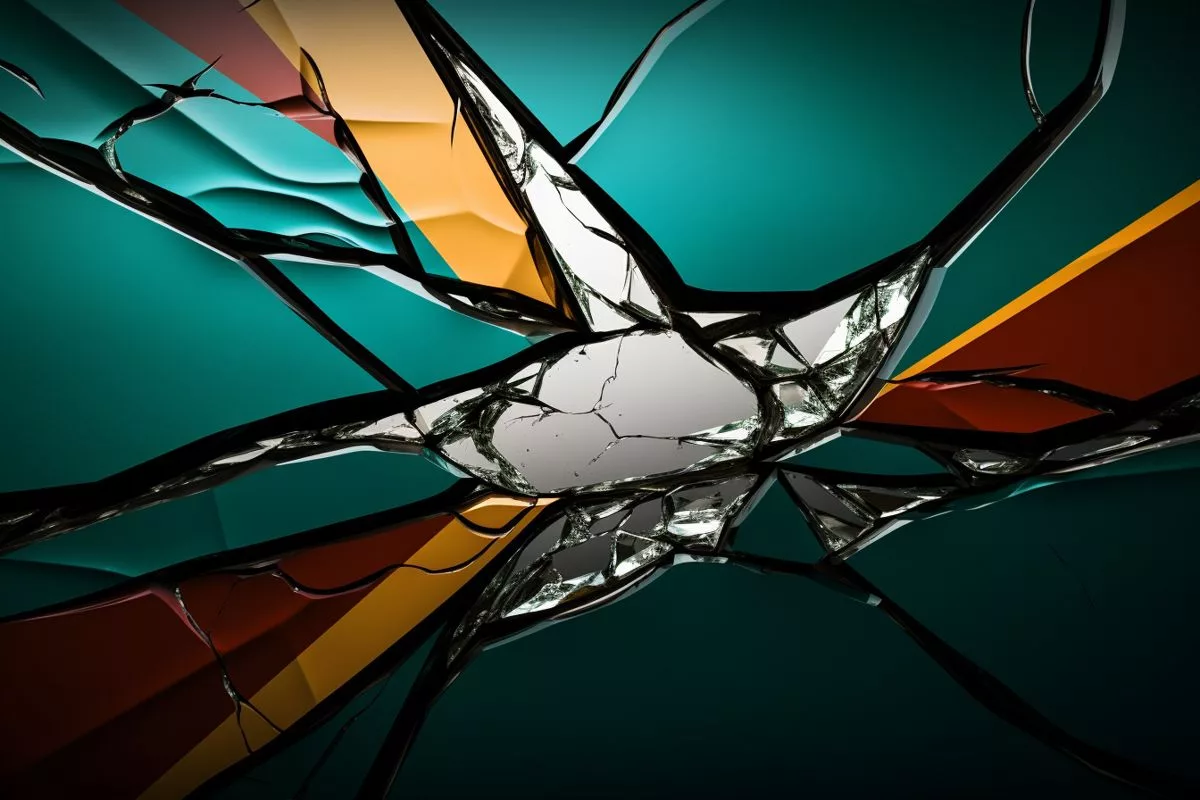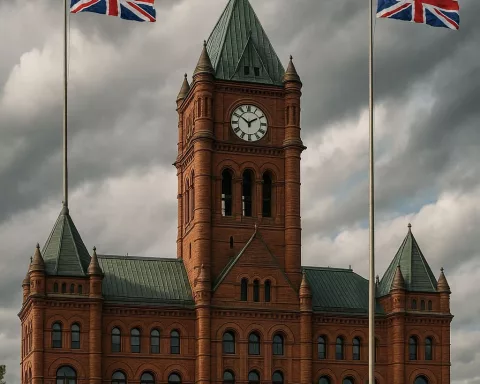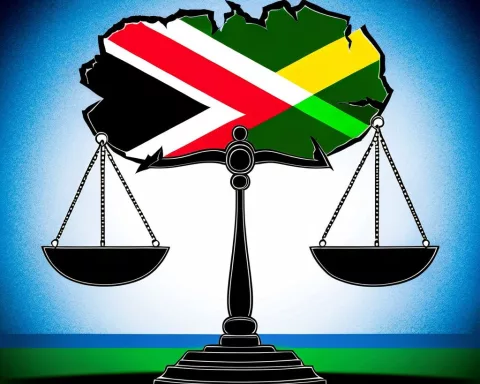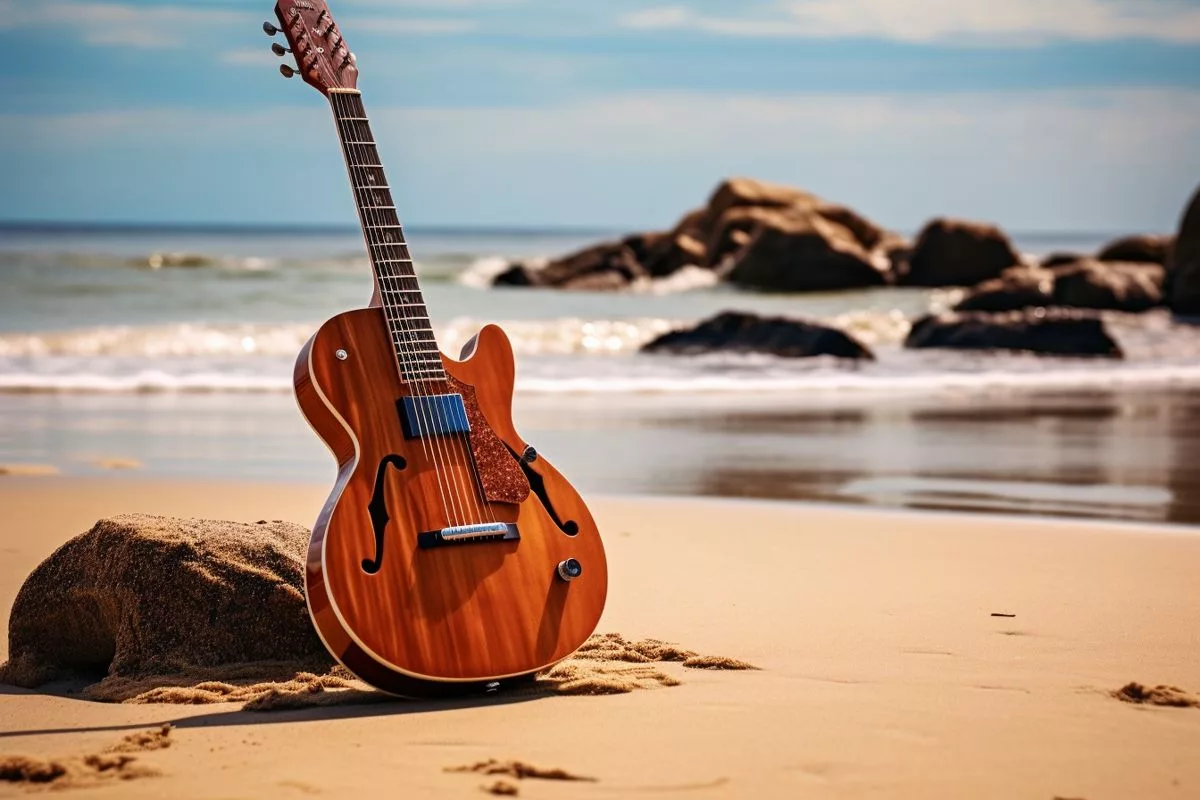Former South African president Jacob Zuma’s new political party, the MK Party, has caused controversy as he faces corruption charges and remains a member of the African National Congress. Comedian Loyiso Gola criticized Zuma’s new venture on Twitter but faced unexpected backlash, highlighting the complex relationship between comedy and politics in South Africa. The role of the MK Party in the 2024 national elections will undoubtedly draw more attention and spark further debate in the country’s evolving political landscape.
A new political party, the MK Party, launched by former South African president Jacob Zuma has caused controversy. Despite facing corruption charges and remaining a member of the African National Congress, Zuma has pledged his vote to the party. Renowned comedian Loyiso Gola criticised Zuma’s new venture on Twitter but faced unexpected backlash. This incident highlights the complex relationship between comedy and politics in South Africa and sheds light on the country’s evolving political landscape. The role of the MK Party in the 2024 national elections will undoubtedly draw more attention and spark further debate.
In the vibrant and ever-changing political landscape of South Africa, comic entertainer Loyiso Gola has recently stirred the pot with his pointed criticism of Jacob Zuma’s recently launched political party, the Umkhonto weSizwe or MK Party. This unveiling of Zuma’s latest political endeavor is yet another unexpected event in the colorful and unpredictable journey of the former South African president.
Jacob Zuma, despite ensnared in a myriad of corruption charges and still being a member of the African National Congress (ANC), shook the national consciousness with the announcement of his latest political project. The MK Party, already on the Electoral Commission’s register, is set to make its mark in the 2024 national election. Although Zuma himself will not be on the ticket, he has pledged to give his vote to this nascent party. His decision to break away from the ANC, as elucidated in a public statement, was largely driven by his growing discontentment with the country’s present state. He voiced a longing for “a South Africa that our ancestors envisaged,” a statement that struck a chord with many, leading to a spike in membership registrations that eventually crashed the MK Party’s website.
Loyiso Gola’s Critique and Subsequent Backlash
Renowned comedian Loyiso Gola, in his usual candid and unflinching style, took to Twitter to express his thoughts on Zuma’s latest venture. Gola’s critique of Zuma’s stint as ANC president was sharp and unsparing. He highlighted the splintering and weakening of the Youth League, COSATU, and Women’s League during Zuma’s reign and suggested that Zuma should face the repercussions of his deeds.
However, this critique was met with an unforeseen counterblast. The public, it seemed, was not yet prepared to digest Gola’s harsh remarks. People began drawing parallels between Gola and fellow comedian Trevor Noah, who has earlier lampooned Jacob Zuma. But the backlash did not stop at comparisons. Twitter was set alight with responses to Gola’s tweet, with some advising him to “stick to your nonsensical jokes,” and others accusing him of presenting “unsupported facts,” implying his critique was merely a publicity-seeking gimmick. Some even challenged him to share his thoughts on the incumbent administration, interpreting a bias in his commentary.
Comedy Meets Politics
This incident serves as a stark reminder of the intricate interaction between comedy and politics. Comedians like Gola and Noah often employ satire and humor to comment on pressing issues, blurring the boundary between entertainment and critique, and between the stage and the political sphere. While this strategy can stimulate thought-provoking discussions, it can also cause controversy and backlash, particularly in politically sensitive climates.
However, this incident also sheds light on the broader dynamics of South African politics, with Zuma’s unexpected political move marking a new chapter in the country’s evolving political saga. It’s not often that a former president establishes a new political party, and the potential consequences of this transition remain to be seen. As the 2024 national elections approach, the role of the MK Party and its potential influence on South African politics will undoubtedly draw more attention and spark further debate.
Unchanging Truths in a Shifting Political Landscape
In the midst of the ever-changing political alliances and emerging parties, certain truths stand firm. The power of public sentiment, the significance of social media as a platform for discourse, and the complex relationship between comedy and politics all contribute to the richness of South Africa’s dynamic political culture. Each of these elements will continue to play a significant role in shaping the future of South African politics.
1. What is the MK Party, and who launched it?
The MK Party is a new political party launched by former South African president Jacob Zuma, despite facing corruption charges and remaining a member of the African National Congress.
2. What was Loyiso Gola’s critique of Zuma’s new political venture?
Loyiso Gola, a renowned comedian, criticized Jacob Zuma’s new political venture, suggesting that Zuma should face the repercussions of his deeds as ANC president, which resulted in the splintering and weakening of various political movements.
3. How did the public react to Gola’s critique?
Gola’s critique was met with unexpected backlash, with some accusing him of presenting unsupported facts and others advising him to stick to “nonsensical jokes.” Some even challenged him to share his thoughts on the incumbent administration, implying a bias in his commentary.
4. What is the relationship between comedy and politics in South Africa?
Comedians like Gola and Trevor Noah often employ satire and humor to comment on pressing issues, blurring the boundary between entertainment and critique, and between the stage and the political sphere. While this strategy can stimulate thought-provoking discussions, it can also cause controversy and backlash, particularly in politically sensitive climates.
5. What is the potential influence of the MK Party on South African politics?
As the 2024 national elections approach, the role of the MK Party and its potential influence on South African politics will undoubtedly draw more attention and spark further debate.
6. What unchanging truths exist in the dynamic political landscape of South Africa?
The power of public sentiment, the significance of social media as a platform for discourse, and the complex relationship between comedy and politics all contribute to the richness of South Africa’s dynamic political culture. Each of these elements will continue to play a significant role in shaping the future of South African politics.












